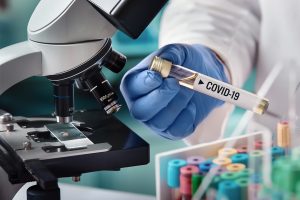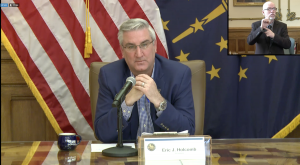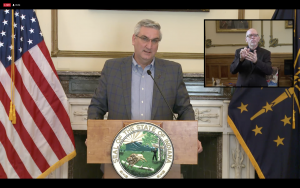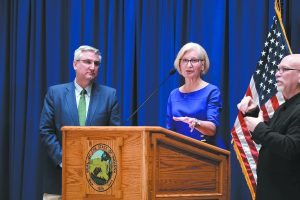Health care, life sciences, utilities and philanthropy reporter
Before joining IBJ in 2016, Russell was a newspaper reporter for 30+ years in Indiana, Illinois, Ohio and Pennsylvania at papers as small as a monthly trade journal and as large as the Chicago Tribune. Most of his career has been as a business reporter, focusing on large companies. He lives on the Northeast side of Indianapolis and enjoys riding his bike, growing wildflower gardens, playing chess and reading.
Quick facts:
Family: Wife, Colleen; two grown sons; three cats
Favorite podcast: “War on Cars”
First job: Delivering the Cleveland Press to 25 houses on his block after school at age 10. “I’ve been a news man ever since,” he said.









